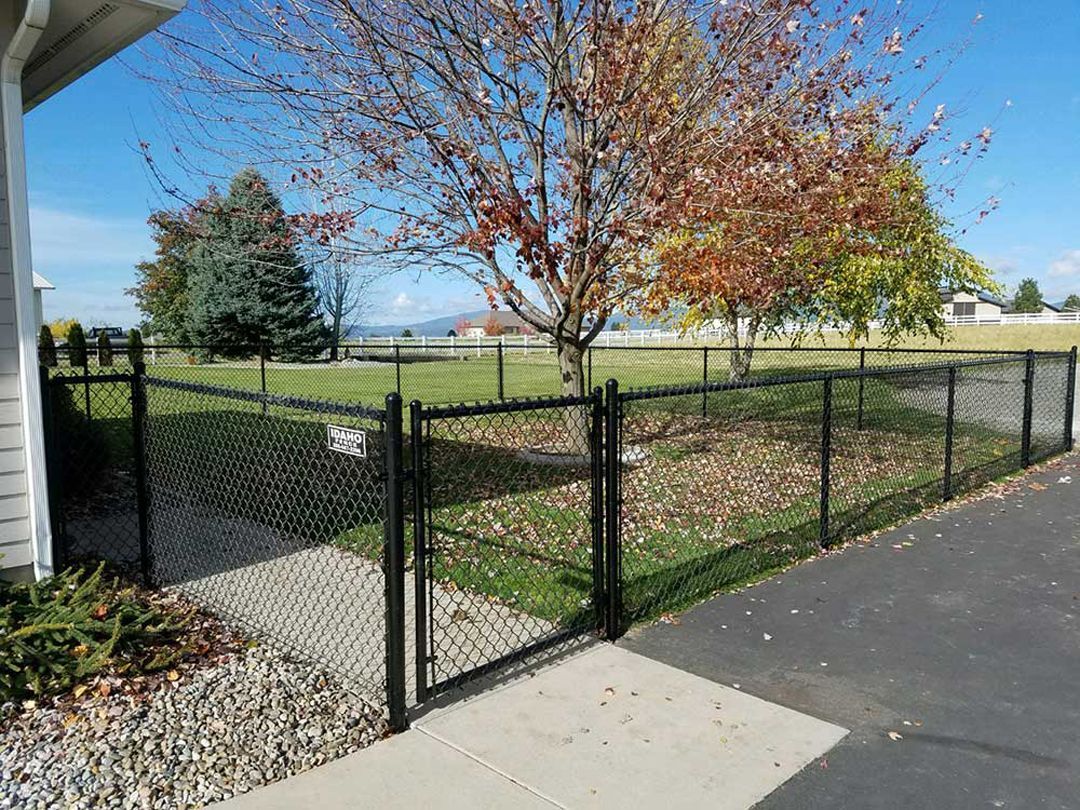How to Clean Your Fence with Environmentally Safe Products
Many conventional cleaning products contain harmful chemicals that can damage the environment. Switch to eco-friendly alternatives, such as white vinegar mixed with water or biodegradable soaps, to keep your fence clean without harming the earth. For tough stains, baking soda serves as a safe and effective abrasive.
Repairing Fences with Sustainable Materials
When repairing your fence, choose materials that have minimal environmental impact. Recycled wood, bamboo, or composite materials made from recycled plastics are excellent options. These materials not only reduce waste but also often last longer, reducing the need for frequent replacements. Ensure old fencing materials are responsibly disposed of or repurposed whenever possible.
Choosing Energy-Efficient Tools for Fence Care
Power tools can be a significant drain on energy resources. Opt for energy-efficient or manually operated tools whenever possible. Solar-powered or rechargeable electric tools are a sustainable choice that minimizes your carbon footprint. Additionally, regular tool maintenance, such as sharpening blades and keeping parts lubricated, ensures they operate efficiently and use less energy.
